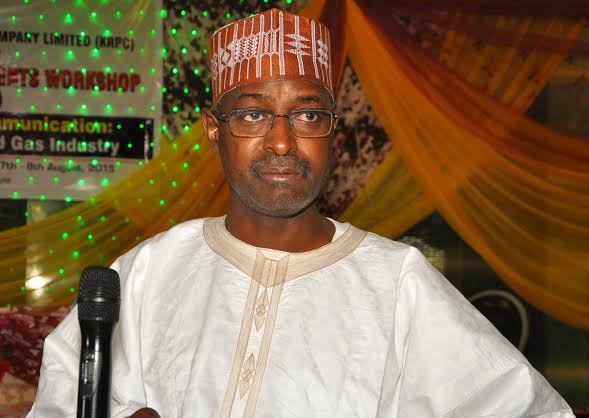The Managing Director of Kaduna Refining and Petrochemical Company (KRPC), Idi Mukhtar Maiha on Thursday said that political godfatherism has being the bane of poor democratic governance in Nigeria.
Presenting a lead paper titled. “The imperative of change agenda to the institutional development in Nigeria” at the North West zonal summit of the Nigerian Institute of Management (NIM), Maiha posited that in Nigeria, political godfathers control the parties at local and national levels.
According to him, it is worrisome because, “these godfathers select the delegates who elect leaders and candidates. They decide who gets the party nomination and leadership positions.
Maiha said, “The activities of these godfathers create so much dissatisfaction in the political process because they disregard laid down formal institutional procedures for party nomination of candidates.
“Political godfathers eliminate popular candidates from party primaries by declaration of a candidate as “consensus candidate” and the insistence that those entitled to vote must. Support the candidate that other aspirants must withdraw.
“The use of zoning to exclude unwanted candidates and by re-zoning zoned positions to exclude particular candidate or by relocating primaries to inaccessible secret locations.
“The use of thugs or security personnel to intimidate opposition. Application of results by declaration where an aspirant wins a nomination but polling officials disregard the results and declare the loser the winner.”
He added that, leadership recruitment is so central and definitive to a nation’s survival and prosperity, too serious a matter to be left to an amorphous crowd without defined selection criteria, discipline and training and development standards.
“The political agenda in Nigeria should address the building of institutions and mechanisms for grooming and electing political leaders, institutions of horizontal accountability, reform of the electoral system, building of democratic culture, regulation of party and campaign financing.”
Maiha noted that in the last general elections in Nigeria since 1999-2015, “the experiences before the 2015 elections had been the incumbency factor which normally affects the outcome of elections, which had affected good governance badly. Elections marred with manipulations and rigging which led to political killings, religious bigotry, industrial actions, insecurity and other social-economic maladies.”
He however observed as gratifying that the electoral system is gaining some credibility as 2015 presidential election showed that people’s votes could count. Adding that, “beyond the successes of the electoral umpire, the current Government under its celebrated Change Agenda has undoubtedly recorded unprecedented institutional revival and restored our hope and pride as a nation.”
Copyright Ships & Ports Ltd. Permission to use quotations from this article is granted subject to appropriate credit given to www.shipsandports.com.ng as the source.

